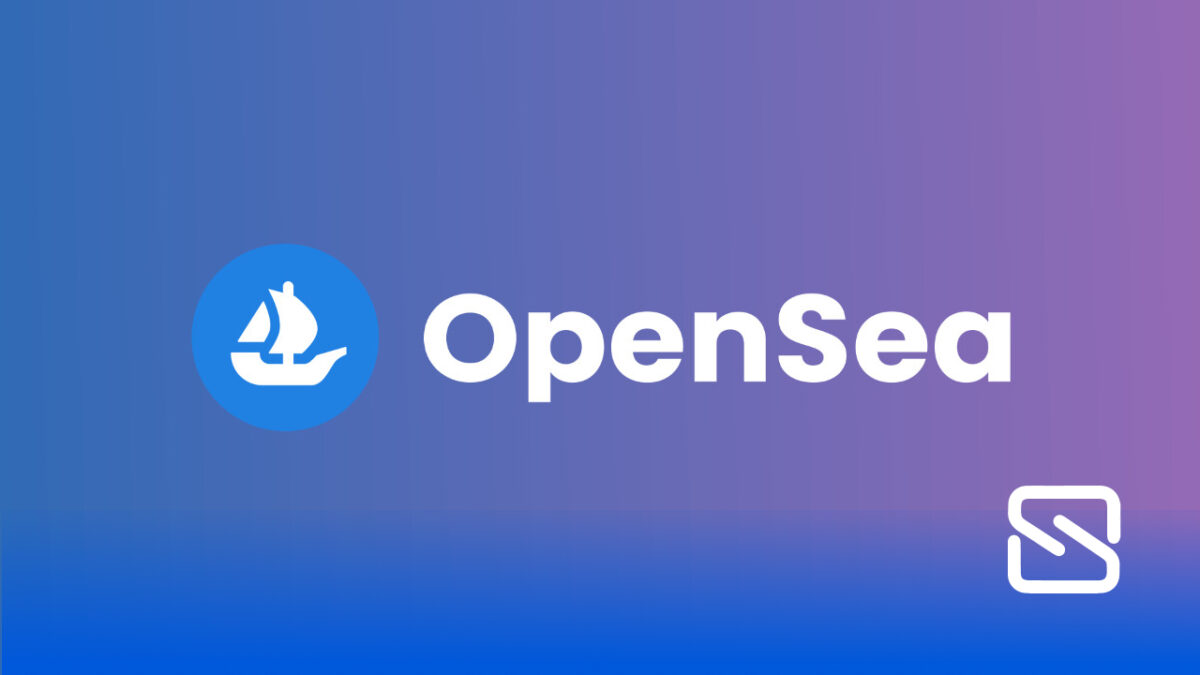The non-fungible token (NFT) market has expanded in recent years. NFTs are being used by businesses from all industries to market their digital artwork. Furthermore, NFTs are being used by artists with little financial resources to sell their work. This rapid rise in interest in NFTs has attracted the attention of scammers, who are employing tools to assist artists in efficiently minting NFTs for theft and fraud. OpenSea’s free NFT minting tool is a good example.
OpenSea, one of the major online NFT marketplaces, recently altered its rules for minting NFTs using its free ‘Lazy Minting’ service. Users will only be able to mint up to five collections with 50 NFTs each using the business’s free tool, the company stated earlier this week. “We know this change may impact our community so please don’t hesitate to share how this affects your creative flow,” the company wrote.
Artists flocked to Twitter to express their displeasure with the shift, with many claiming that they couldn’t post their work or finish their collection.
Due to the general criticism from OpenSea’s artist community, the firm had to abandon its new policy and apologize to its users. “We hear you and apologize to all the creators in our community who have been impacted by the 50 item limit we put to our free minting tool. OpenSea wrote, “We have reversed the decision.”
The corporation explained its decision in a series of subsequent tweets. OpenSea stated that their shared storefront contract was created to make it simple for entrepreneurs to enter the NFT arena.
“However, we’ve recently seen misuse of this feature increase exponentially…Over 80% of the items created with this tool were plagiarized works, fake collections, and spam,” the company wrote announcing the reversal of its changed policies.
Notably, the company is working on alternate measures to combat fraud on its platform while reconsidering its decision to limit activities on its platform. “…we’re testing a number of options to guarantee we reward our creators while also preventing bad actors.” It went on to say, “We pledge to preview these modifications with you before rolling them out.”
